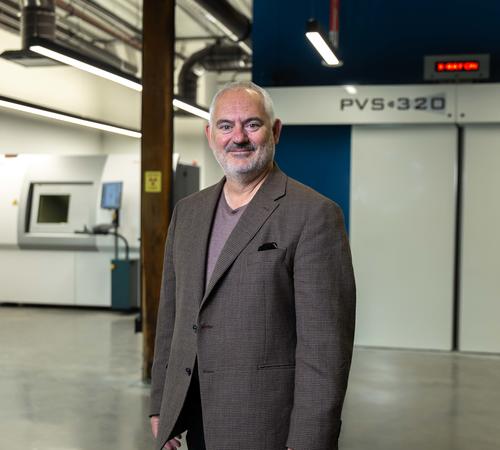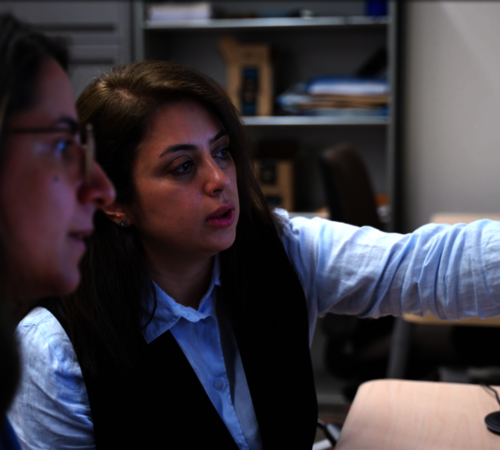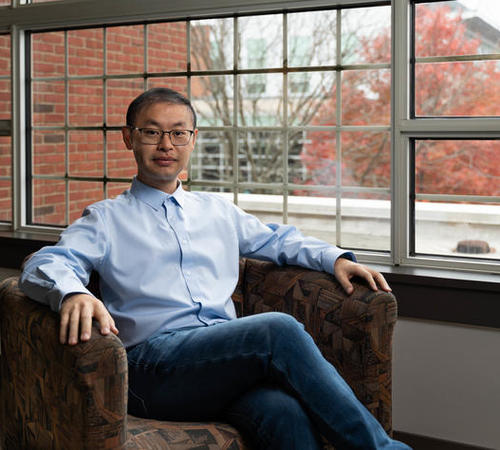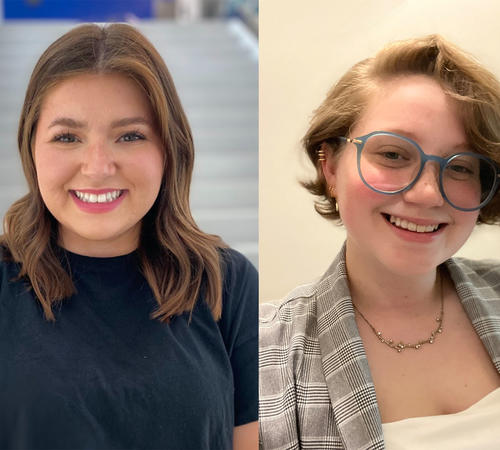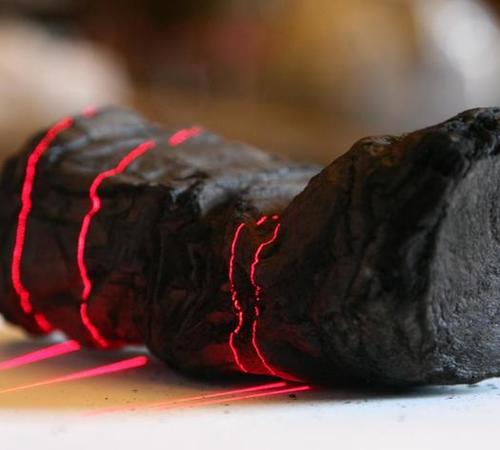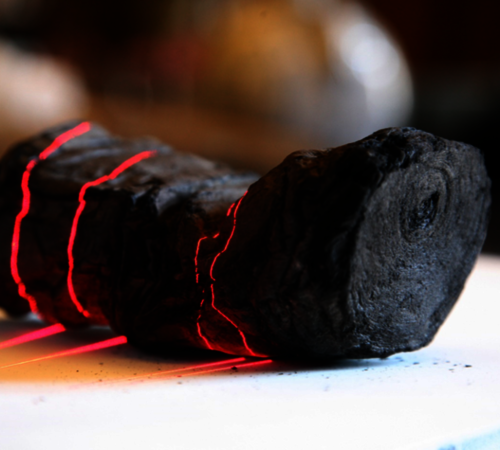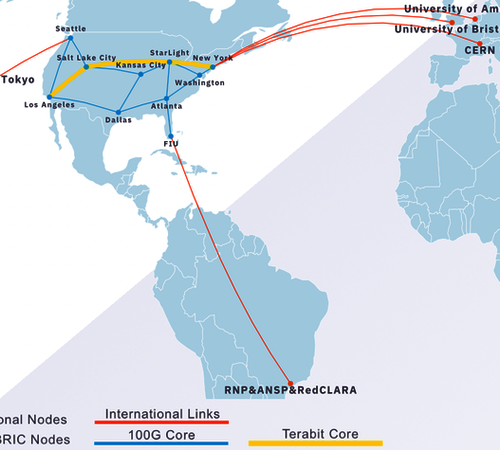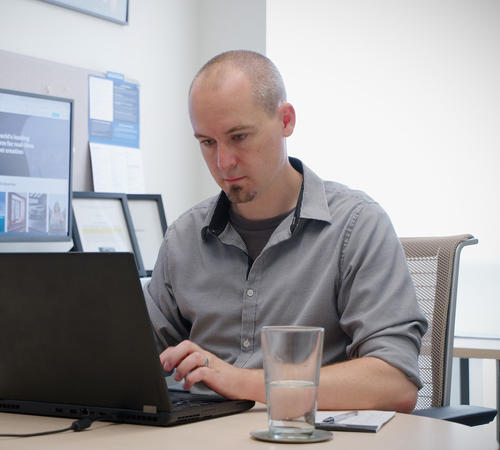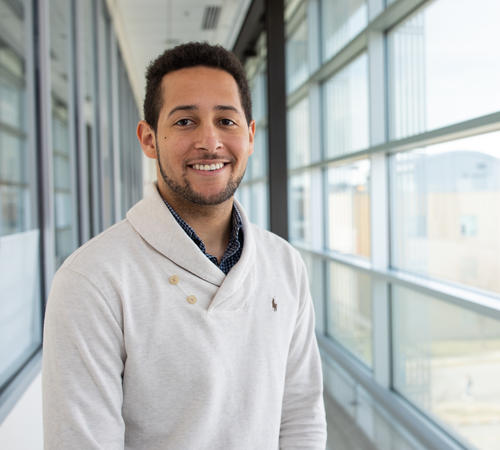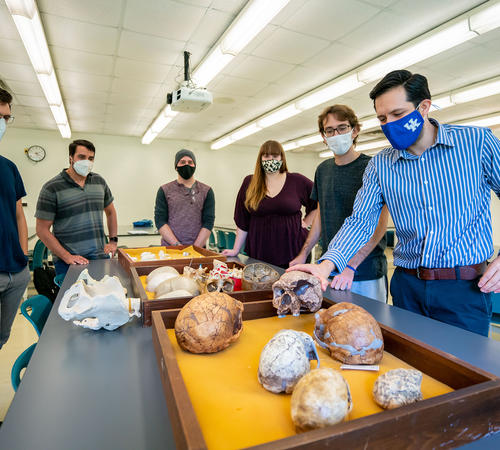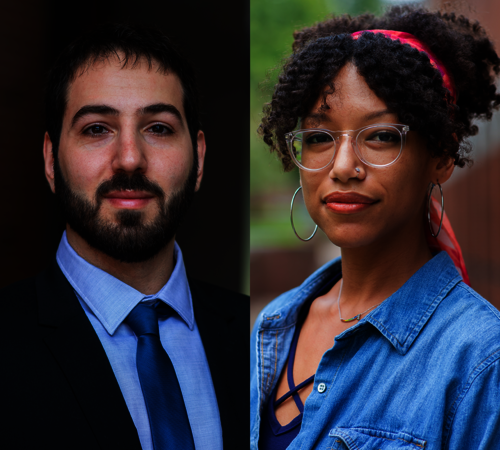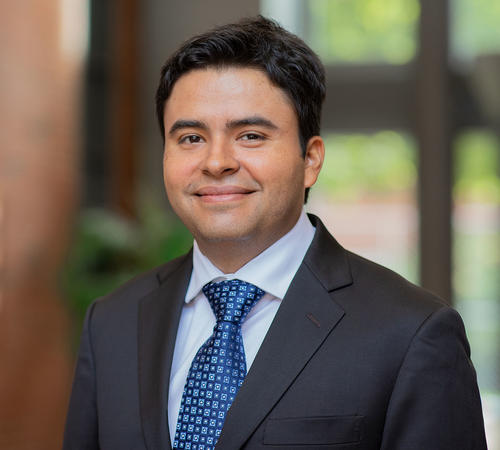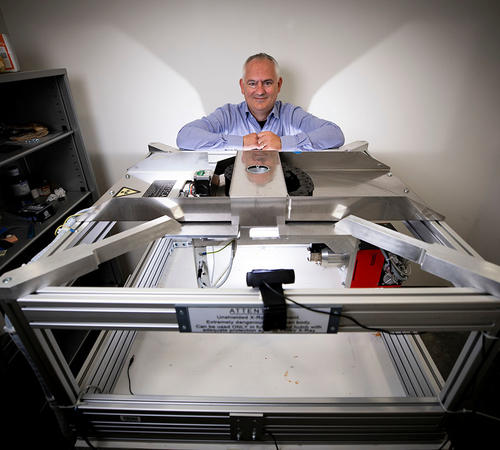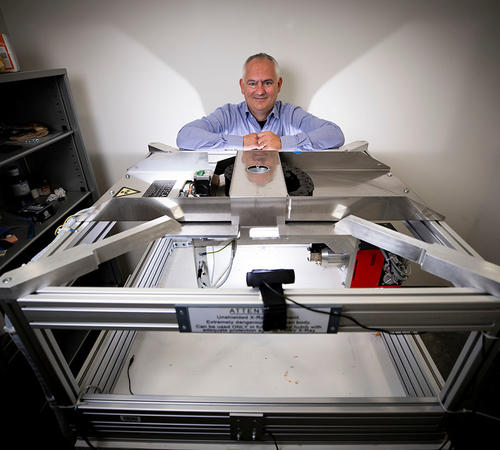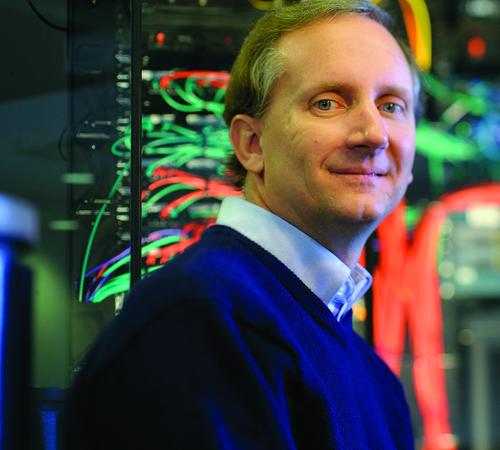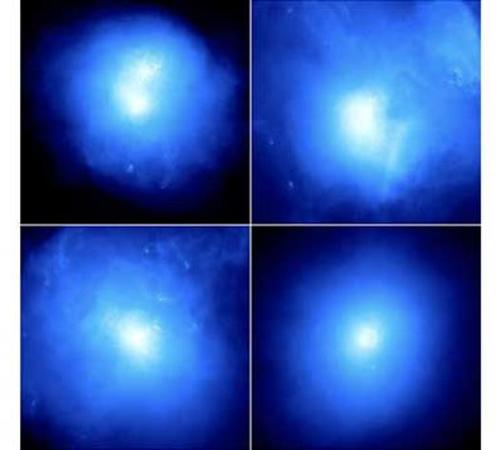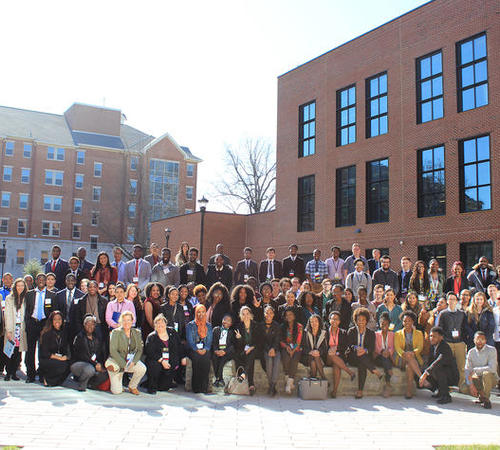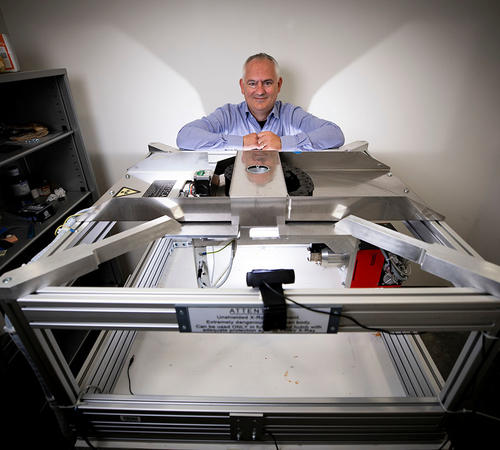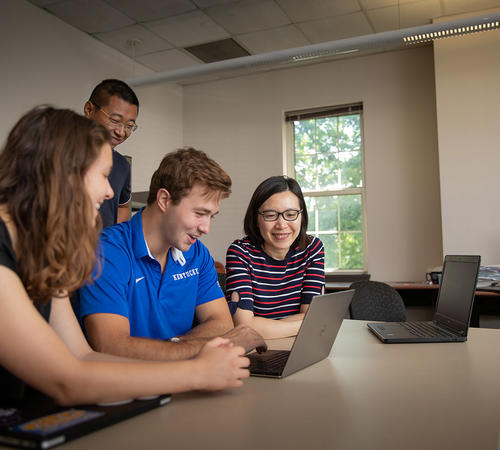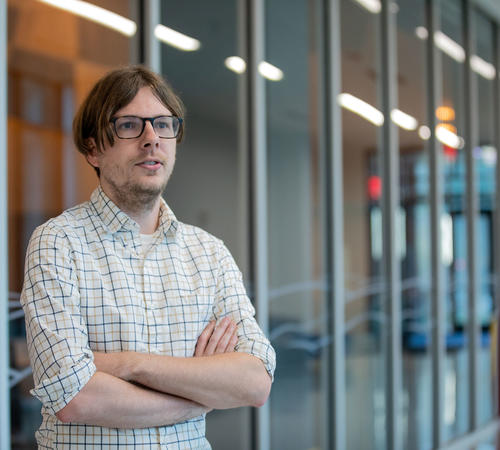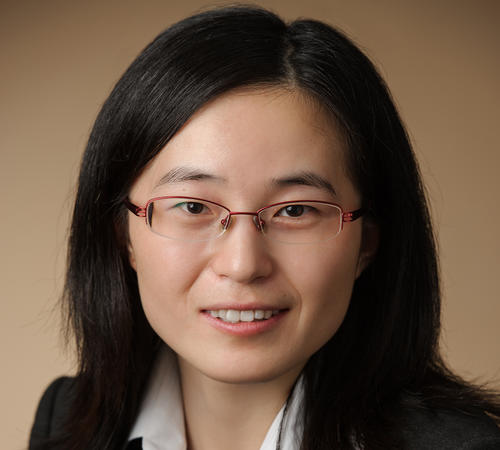Research Areas
- Networking, Systems, Cyber Security
- Game Development/Graphics
- Computer Vision
- Artificial Intelligence, Machine Learning, Data Science
- Theory/Algorithms
- Computational Biology, Bioinformatics, Medical Imaging
- Software Engineering
- Scientific Computing, Numerical Analysis
Research Centers
Center for Computational Sciences (CCS)
The Center for Computational Sciences (CCS) is a University Center
supporting the computational, data analytics, and storage needs of
research faculty across the campus, and offers various systems
including a high-performance computing system, an OpenStack cluster, a
GPU facility, and object stores.
Laboratory for Advanced Networking (LAN)
The Laboratory for Advanced Networking (LAN) provides leadership in the
rapidly changing field of computer networks bring together researchers
to design the networks of tomorrow. The LAN facilitates collaboration
among researchers and offers access to advanced network resources and
national testbeds.
